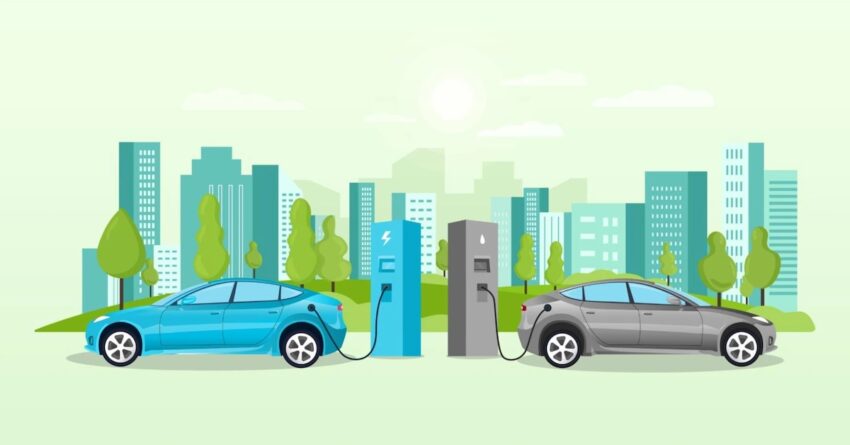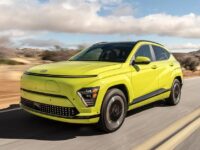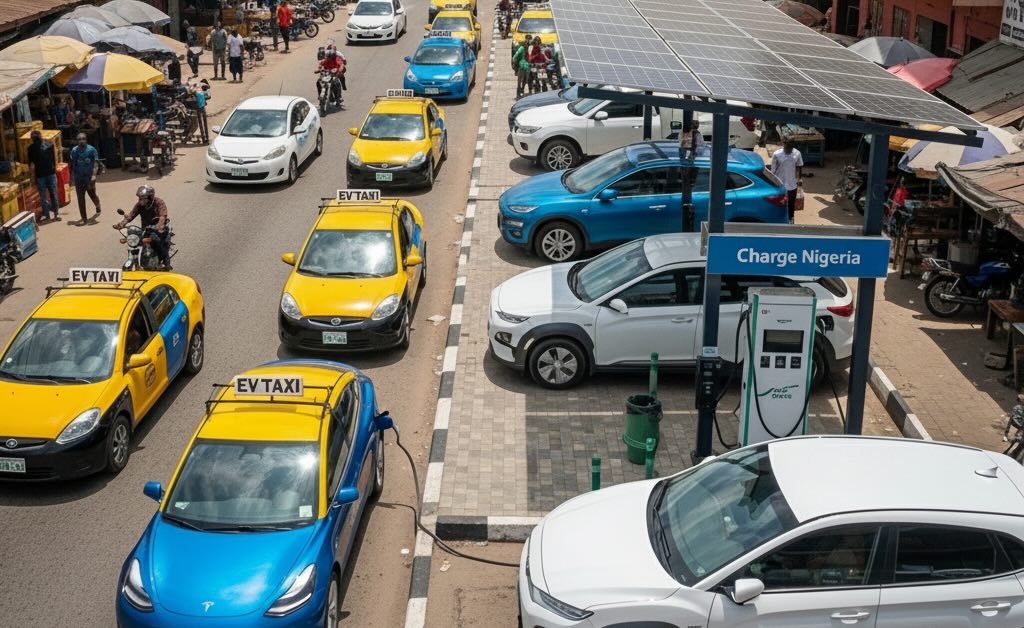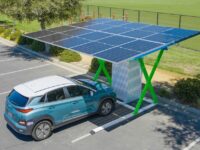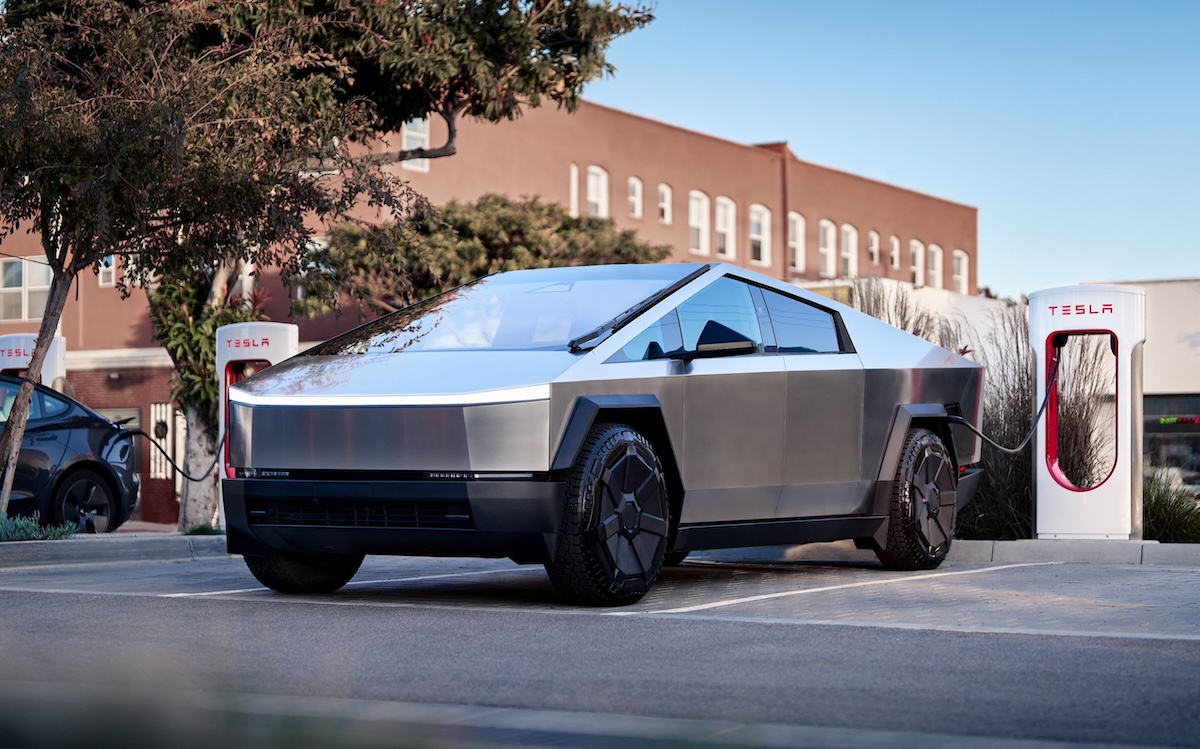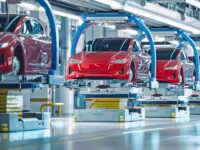The Nigerian auto market is changing. While petrol cars still dominate, electric vehicles (EVs) are steadily making their way into Lagos, Abuja, and other major cities. With petrol prices hovering around ₦925 per litre as of August 2025, and electricity tariffs at about ₦209.5 per kWh, the cost dynamics are shifting. EVs promise lower running costs but come with higher upfront expenses and infrastructure challenges.
Is it cheaper to own and run an electric car than a petrol-powered one in Nigeria? In this blog post we break down the key cost factors for Nigerian drivers, using real 2025 data to provide a clear comparison. We’ll include actionable steps to calculate your own total cost of ownership (TCO), helping you decide if an EV fits your budget and lifestyle.
1. Initial Purchase Costs
The biggest barrier for EVs is the sticker price, often 20-50% higher than comparable petrol models due to import logistics and battery tech.
- Petrol Cars: In 2025, a brand new mid-range petrol sedan or mini-SUV starts at around ₦30-45 million, while the foreign used option (popularly known as Tokunbo) starts at around ₦12.5-20 million, making them accessible for first-time buyers.
- Electric Cars: Electric cars like the Hyundai Kona EV range from ₦25-47 million, Tesla Model 3 around ₦100 million+. Used EVs are also emerging, starting at ₦20-30 million depending to the specifications.
Verdict: Petrol cars remain cheaper to buy upfront, but EV prices are falling as Chinese brands enter the market.
2. Running Costs: Fuel vs. Electricity
This is where EVs shine, especially with Nigeria’s high petrol prices.
- Petrol Cars: The cost of petrol is a significant and recurring expense for Nigerian drivers. With pump prices subject to global oil markets and local policies, budgeting can be unpredictable. A typical active petrol car driver spends roughly ₦129 per mile and over ₦120,000 per month.
-
Electric Cars: Charging costs depend on tariffs (₦209.5/kWh) and battery size. A typical 40-60 kWh EV uses about 15-20 kWh/100 km, so monthly costs are ₦30,000-40,000 for home charging.
Verdict: Charging an EV at home is at least 4-5 times cheaper than fuelling a petrol car.
3. Maintenance and Repair Costs
EVs have fewer moving parts, leading to lower long-term maintenance.
- Petrol Cars: Annual maintenance averages ₦200,000-500,000, including oil changes, filters, and engine repairs. Spare parts are widely available but costly for imports.
- Electric Cars: Costs are 30-50% lower—around ₦100,000-300,000 yearly—due to no oil changes, regenerative braking (fewer brake replacements), and simpler motors. However, battery replacements (after 8-10 years) could cost ₦5-10 million, though warranties cover this.
Verdict: EVs generally have significantly lower maintenance costs over their lifespan.
4. Other Costs: Insurance, Taxes, and Resale Value
These costs can vary and are often similar for both types of vehicles, though some regions offer incentives for EVs.
- Insurance: 3rd-party insurance of petrol cars cost ₦15,000 annually, while comprehensive insurance could go as high as ₦150,000 annually. EVs are similar or slightly higher (5-10%) due to battery risks, but some insurers offer green discounts.
- Taxes and Incentives: EVs enjoy zero import duties and potential tax breaks, saving ₦1-5 million upfront. Petrol cars face standard duties.
- Resale Value: Petrol cars depreciate 20-30% yearly; EVs hold value better (10-20%) as demand grows, but market immaturity in Nigeria could affect this.
Verdict: Largely comparable, but check with local authorities and insurance providers for specific rates.
5. Infrastructure and Convenience
- Petrol Cars: Filling stations are everywhere, fast and convenient.
-
Electric Cars: Charging infrastructure is limited—about 15–20 public charging points nationwide (mostly in Lagos and Abuja). Most Nigerian EV owners rely on home or workplace charging, often combined with solar/inverter setups.
Verdict: Electric Cars require planning and patience; petrol cars remain more convenient for long trips.
Final Word
For Nigerian drivers today, petrol cars still win on upfront affordability and convenience. But EVs already deliver massive savings on running and maintenance costs. As EV prices drop, solar adoption rises, and charging infrastructure expands, electric cars will become the smarter long-term financial choice, especially for urban drivers with predictable daily routes.
The big picture? If you can handle the higher purchase cost and plan your charging smartly, an EV will save you money every time you drive.
